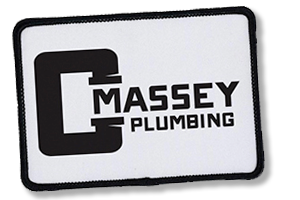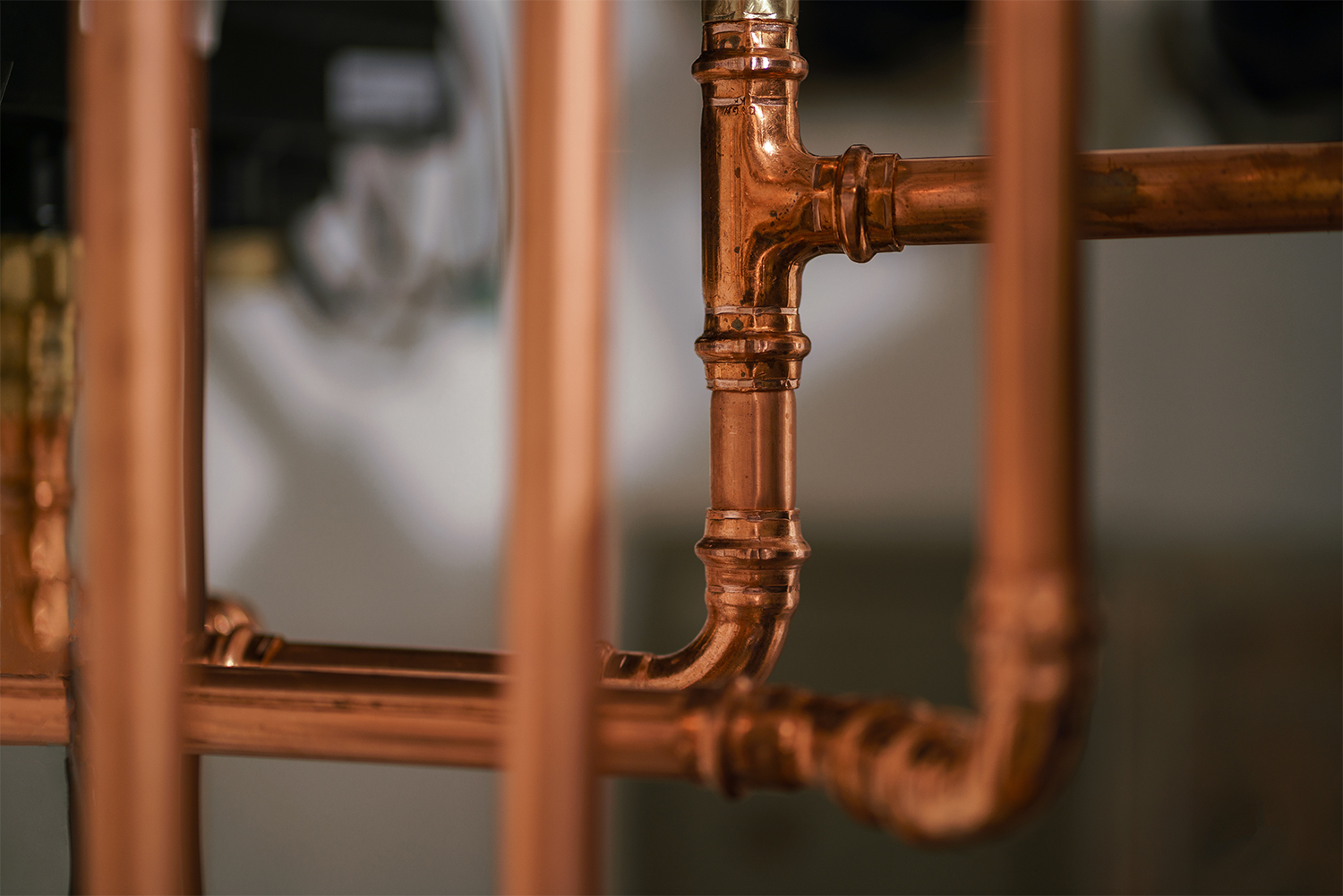Selecting the right plumbing pipes is crucial for a long-lasting and efficient system. With various options available, making an informed decision can be challenging. This blog explores the different types of plumbing pipes, their characteristics, and when to use them.
Types of Plumbing Pipes
- Copper:
- Pros: Durable, corrosion-resistant, excellent for hot and cold water.
- Cons: Can be expensive, requires specialized installation.
- PEX:
- Pros: Flexible, freeze-resistant, easy to install, good insulation.
- Cons: May not be suitable for all applications.
- PVC:
- Pros: Lightweight, cost-effective, chemical-resistant.
- Cons: Primarily used for drainage, can become brittle in extreme temperatures.
- Galvanized Steel:
- Pros: Durable, but prone to internal corrosion.
- Cons: No longer recommended for new installations in many areas.
- ABS:
- Pros: Lightweight, easy to install, chemical-resistant.
- Cons: Primarily for drainage, not suitable for hot water or high pressure.
Factors to Consider When Choosing Pipes
- Durability: Consider the pipe’s lifespan and resistance to environmental factors.
- Cost: Evaluate both initial costs and potential long-term maintenance expenses.
- Installation: Consider the complexity and required skills for installation.
- Compatibility: Ensure the pipes are compatible with your existing system and fixtures.
Common Plumbing Pipe Problems & Solutions
- Leaks:
- Causes: Damaged pipes, loose fittings, corrosion.
- Solutions: Tighten fittings, replace damaged sections, apply sealants.
- Clogs:
- Causes: Debris, grease, mineral buildup.
- Solutions: Use a plunger, plumbing snake, or chemical drain cleaner (use with caution).
- Corrosion:
- Causes: Age, exposure to chemicals.
- Solutions: Install corrosion-resistant pipes, use dielectric fittings.
Contact C Massey Plumbing
For expert plumbing advice and solutions, contact us at (919) 795-0546. We are your trusted source for reliable and professional plumbing services.

